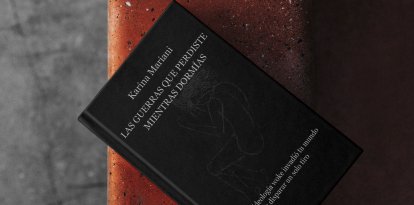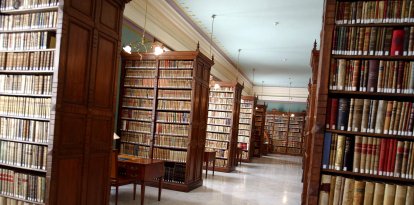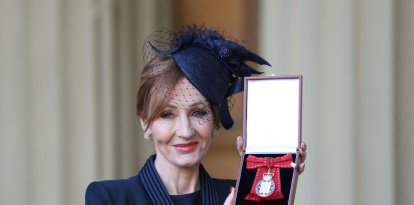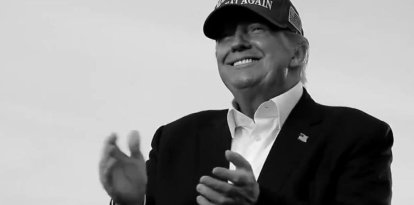British historian Paul Johnson dies
President George W. Bush presented him with the Presidential Medal of Freedom in 2006.
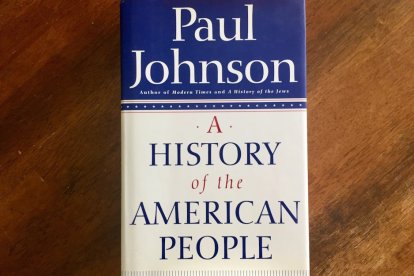
A History of the American People,
British historian Paul Johnson has died at the age of 94 after a long illness. He began his career in journalism and became editor of New Statesman magazine. At the time, he was one of the intellectual leaders of the British left, but he and many of his counterparts became disenchanted with the ideology at the turn of the 1960s.
He jumped from journalism a different sort of writing. He is the author of more than fifty historical books, ranging from biographies on figures like Queen Elizabeth I and Socrates, to the history of religions (Christianity, Judaism) and countries (Great Britain and the United States). His work as a writer did not end his journalistic career. In fact, he was a writer for the conservative-leaning Spectator magazine and occasionally for the Daily Mail.
Early life
Johnson was born on Nov. 2, 1928 in Manchester, England. His father, who was an artist, took the family to Burslem, Stoke-on-Trent. In his autobiography, The Vanished Landscape: A 1930s Childhood in the Potteries, he recounts his mother's impression of the move from a big city to a small English town: "A catastrophic descent from civilization to barbarism."
He graduated from Oxford. He then joined the Army and served in Gibraltar. He lived for a time in Paris as a writer, where his ideas first began to lean left. He became the New Statesman's correspondent in the French capital. He served as the magazine's editor from 1965 to 1970. Although he was ideologically left-wing, culturally he often showed signs of conservativism. He criticized The Beatles' music for being "empty."
The crisis of the 1970s
In the 1970s, the country's economic and political crisis reshaped Johnson's ideas. In 1977, he published the book Enemies of Society, dedicated to left-wing intellectuals such as Herbert Marcuse.
Among his friends were two prime ministers: Margaret Thatcher and Tony Blair. He once said, according to The Wall Street Journal:
Presidential Medal of Freedom
His influence was enormous. His book Modern Times is a history of the 20th century that is among the most widely read of its kind. In addition to the quality of his judgments as a historian, he always benefited from the fact that he was a great writer, capable of accompanying the reader at all times and bringing the past to life.
In 2006, President George W. Bush awarded him the Presidential Medal of Freedom in recognition of a life dedicated to history. His admiration for the United States can be seen in his book A History of the American People.
RECOMMENDATION
